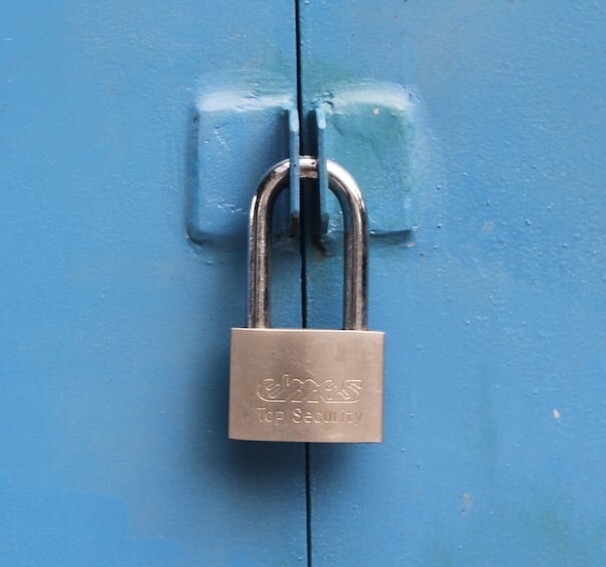Android
DROID DOES
Welcome to the droidymcdroidface-iest, Lemmyest (Lemmiest), test, bestest, phoniest, pluckiest, snarkiest, and spiciest Android community on Lemmy (Do not respond)! Here you can participate in amazing discussions and events relating to all things Android.
The rules for posting and commenting, besides the rules defined here for lemmy.world, are as follows:
Rules
1. All posts must be relevant to Android devices/operating system.
2. Posts cannot be illegal or NSFW material.
3. No spam, self promotion, or upvote farming. Sources engaging in these behavior will be added to the Blacklist.
4. Non-whitelisted bots will be banned.
5. Engage respectfully: Harassment, flamebaiting, bad faith engagement, or agenda posting will result in your posts being removed. Excessive violations will result in temporary or permanent ban, depending on severity.
6. Memes are not allowed to be posts, but are allowed in the comments.
7. Posts from clickbait sources are heavily discouraged. Please de-clickbait titles if it needs to be submitted.
8. Submission statements of any length composed of your own thoughts inside the post text field are mandatory for any microblog posts, and are optional but recommended for article/image/video posts.
Community Resources:
We are Android girls*,
In our Lemmy.world.
The back is plastic,
It's fantastic.
*Well, not just girls: people of all gender identities are welcomed here.
Our Partner Communities:
view the rest of the comments

A good password manager will be encrypted on device using your master password and only the encrypted data ever synced anywhere. So if Bitwarden gets hacked, and the worst case scenario happens, that means an attacker makes off with the complete contents of your vault. But all they have is an encrypted file. To decrypt it, they need your master password. Bitwarden doesn't have the keys to lose -- they only have the lock, and only you have the key. So an attacker would need to compromise Bitwarden (the company) to get access to the vault, and then separately, compromise you personally to get your master password (the key).
Alternately, they could try to brute-force the master password offline. If you think you could guess a user's password if you tried 100,000,000,000 guesses, and each guess took you 1 nanosecond, you could guess all hundred billion in a little under two minutes. Bitwarden uses techniques to make it intentionally very slow (slow if you're a CPU at least) to generate the hashes needed to compare a password. If it takes you 100,000 nanoseconds per guess instead, then instead of two minutes, it takes almost 4 months. Those numbers are completely made up, by the way, but that's the general principle. Bitwarden can't leak your actual passwords directly, because they never get them from you. They only get the encrypted data. And if an attacker gets the encrypted data, it will take them quite a bit of time to brute force things (if they even could -- a sufficiently good master password is effectively impossible to brute force at all). And that's time you can use to change your important passwords like your email and banking passwords.
One important realization for people to have is that none of us get to choose perfection here. You don't only have to worry about Bitwarden getting hacked. You also have to worry about you forgetting them. You have to worry about someone figuring out your "cryptic messages that only I understand" scheme. Security is generally about weighing risks, convenience, and impact and choosing a balance that works best for you. And for most people, the answer should be a password manager. The risks are pretty small and mitigation is pretty easy (changing your passwords out of caution if the password manager is breached), and the convenience is high. And because it's, as you put it, "a pain in the ass" to manage good unique passwords yourself, virtually no one actually does it. Maybe they have one or two good passwords, and rest are awful.